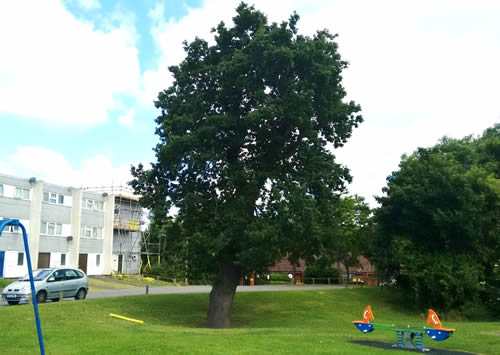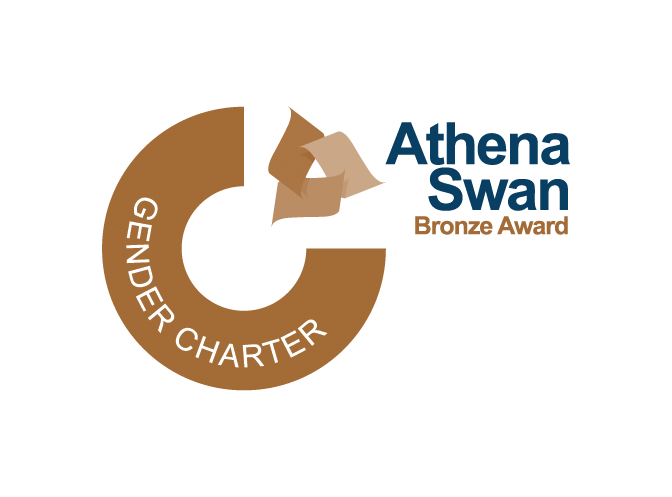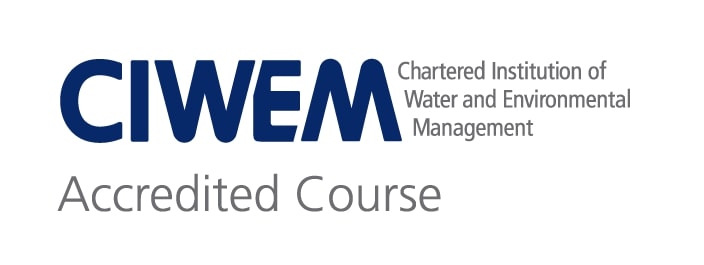TreeLab: A novel, engaged, urban forest research programme
 Urban trees are critical elements of green infrastructure, and their management is key to supporting sustainable, healthy and equitable built environments.
Urban trees are critical elements of green infrastructure, and their management is key to supporting sustainable, healthy and equitable built environments.
Scientific understanding of the benefits urban trees provide is underpinned by data and models of their physical characteristics and growth. Despite a long history of research in production forestry and natural forest ecology, research on urban forests, their benefits and management is limited.
Most of the data that underpin our current knowledge of urban tree growth and structure come from studies in the USA. While there is some overlap between species, planting situations and urban settings, the relevance of these data outside North America is limited. However, collecting new data at the scale that is necessary in order to be meaningful for improving urban tree management is a huge challenge.
A further challenge for any practical work on urban trees is that they are often sources of conflict between the different interests in towns and cities. In several UK cities, trees have recently been at the centre of conflicts between local government and residents.
.JPG)
We will develop TreeLab in the city of Milton Keynes, where we have an established network that includes the local authority, greenspace managers and a variety of community groups. We will build on this network to connect with publics and practitioners across Milton Keynes to co-produce a proposal for a nationally significant urban tree research project: TreeLab:MK.
To ensure TreeLab:MK addresses the wider national (and international) research needs, the project team will produce a review, based on our experience and expertise, that identifies key research areas for urban trees. We will then reach out to communities of urban tree researchers and practitioners nationally to validate these priorities. We will then collaborate with the diversity of groups in Milton Keynes to identify local priorities and translate the national priorities to the local level. Ultimately we aim, with our local partners and participants, to co-produce a research proposal for TreeLab:MK that we will submit for the second phase of funding under this call.
The project team includes some of the UK's leading researchers in urban trees, citizen science and engaged research. We have been working together for a decade on a range of projects to do with urban tree data, public engagement and citizen and community science. As part of this work we have developed and tested a number of tools for urban tree data collection by citizen scientists which we will aim to use in TreeLab. Our project will focus on Milton Keynes, but our vision is to develop a set of resources and an approach to engagement that can translate to any urban area.
TreeLab Contributors
News
Celebrating our new Professor of Ocean Biogeochemistry, Pallavi Anand
We are celebrating another new professor in EEES, following the promotion of Dr Pallavi Anand to Professor of Ocean Biogeochemistry.
Celebrating our new Professor of Planetary Mineralogy, Susanne Schwenzer
We are celebrating a new Professor in EEES. Dr Susanne Schwenzer has recently been promoted to Professor of Planetary Mineralogy.


